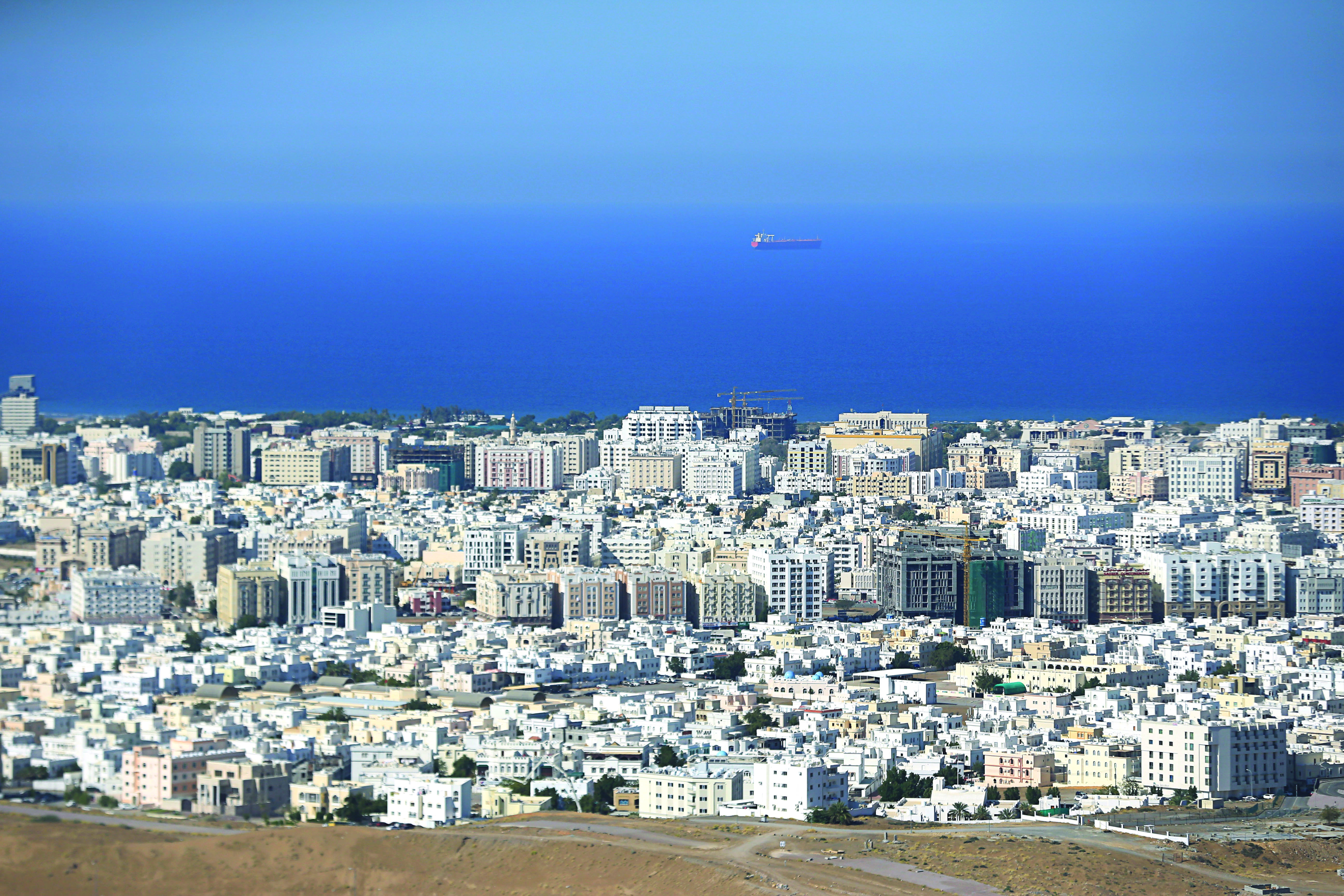
Muscat: Expatriates may finally be able to own property in a wider number of locations across Oman if a plan under discussion gets official backing.
The Oman Real Estate Association is urging the Ministry for Housing (MoH) to make more areas available for sale to people of all nationalities, an official at the ministry revealed.
Get your essential daily briefing delivered direct to your email inbox with our e-newsletter
Currently, non-nationals can only buy property in an Integrated Tourist Complex (ITC) which can be beyond the financial reach of some people living and working in the Sultanate.
A senior official from the ministry said they are “currently studying” the idea. “However, it needs approval from many authorities to see the light of day,” Siham Al Harthi, director manager of the Planning and Studies Department at the MoH, told the Times of Oman (TOO), adding that no time frame has been set yet to implement the new rule.
Hassan Juma, vice-chairman of the Oman Real Estate Association, suggested that the government should allocate “special zones,” which can house expatriates at more reasonable prices, compared with ITC properties.
“This has to be done on real demand, and not as a speculative market, where buyers purchase a house with the hope that it will become more valuable at a future date,” he stated.
Stay ahead of the rest and download our free WhatsNews app for Apple, Android or Blackberry
Boost to economy
He added that if expatriates own houses or apartments in Oman, they will visit the country often. “In this way, they will be contributing to the country’s economy by using more local transportation, restaurants, services, etc.,” he said.
“This will give real-estate sector in the Sultanate a boost,” Juma pointed out, adding that it will also prevent Oman from losing remittance money, which is being sent abroad.
The 2016 World Bank Migration and Remittances Fact Book, which looks at remittance outflows for 2014, revealed that remittance outflow from Oman has increased over the years.
In 2006, expatriates in Oman remitted $2.788 billion, which surged to $5.704 billion in 2010, $7.215 billion in 2011 and $8.087 billion in 2012 and $9.104 billion in 2013.
In 2014, it stood at $10.3 billion.
In contrast, Juma said the special zones, also described as middle market ITCs, should be carefully allocated after “comprehensive studies” so it would not result in a radical hike in real-estate prices.
The expatriates are, however, very happy. “I was planning to buy a home, but the ITC properties are very highly priced. It would be great if we can get something within a reasonable price,” Mohammed Shafiqul Islam Bhuiyan, who has been living in the Sultanate for 35 years, told TOO.
He added that the government should also consider providing green cards to people who have lived in Oman for a long time, similar to the system in place in Saudi Arabia.
The plan will abolish the existing sponsorship system and expats can own property and undertake commercial, industrial and related activities.
“I am just like many other expatriates, who have spent more than half of their lives in this country, so it is really a great honour if the government moots something like Saudi Arabia (did),” Bhuiyan said.